|
New submission deadline: August 3rd, 2020
Publication : October , 2020. Letras – Special Issue 2 - 2020 Theme: Academic literacy: pedagogical practices in times of internationalization Scope of the Special Issue: The aim of this special issue of Letras is to bring together papers about academic literacy, mainly in English. The development of academic literacy in this additional language has been urged by the internationalization of higher education movement, which has pressured academics to increase interaction with international institutions. In the context of the initiatives of universities to promote academic literacy and to overcome obstacles, it becomes relevant to discuss aspects related to academic literacy socialization and pedagogy, especially in the field of Applied Linguistics. This special issue gives preference to (but is not restricted to) the works presented at the Thematic Symposium titledAcademic literacy in English: pedagogical practices in times of internationalization, that was part of the X International Symposium of Genre Studies (SIGET), held in Córdoba, in September 2019. Therefore, we invite papers in the field of academic literacy in association with the concepts of genre (Swales, 2004); social practices (Lillis; Curry, 2010); autonomous and ideological models of literacy (Street, 1984); or the generalist perspective (Spack, 1988) or specific perspective (Hyland,2002) and related to at least one of the following topics: - pedagogical experiences to promote academic literacy in higher education; - undergraduate/postgraduate students’ academic literacy learning process; - academic genres and internationalization; - critical perspectives in language teaching for internationalization; - critical socialization to academic literacy and the process of internationalization; - language policy, academic literacy, and internationalization; - English as international language in the Brazilian higher education; - English as the lingua franca of science and challenges to Brazilian scientific publication; - Languages without Borders and internationalization: policies, actions, pedagogical experiences; - scientific publication in English: conventions and challenges in the context of internationalization; - challenges to promote academic literacy in higher education; - undergraduate /postgraduate students’ reactions to the conventions of the international publication; - academic writing and/or reading and internationalization; - didactic materials evaluation and/or writing to teach additional languages for internationalization. Guest Editors: Marília Mendes Ferreira – Universidade de São Paulo (USP) Graciela Rabuske Hendges – Universidade Federal de Santa Maria (UFSM) Anelise Scotti Scherer – Universidade Federal de Minas Gerais (UFMG)
0 Comentarios
El libro "Hablar, persuadir, aprender: Manual para la comunicación oral en contextos académicos", editado por Soledad Montes y Federico Navarro, se encuentra disponible en la biblioteca virtual de ALES.
Recordamos que los socios ALES pueden solicitar la inclusión de textos en la biblioteca escribiendo a [email protected]. Los textos publicados en la biblioteca virtual deben cumplir con los siguientes criterios: - libros o volúmenes especiales de revistas - disponibles online gratuitamente - efectivamente publicados - con participación autoral de socios ALES para editar. La biblioteca virtual de ALES ha incorporado el libro "Escribir en la cárcel: Prácticas y experiencias de lectura y escritura en contextos de encierro", que cuenta con contribuciones de Juan Pablo Parchuc, Cynthia Bustelo, Inés Ichaso, entre otros.
Recordamos que los socios ALES pueden solicitar la inclusión de textos en la biblioteca escribiendo a [email protected]. Los textos publicados en la biblioteca virtual deben cumplir con los siguientes criterios: - libros o volúmenes especiales de revistas - disponibles online gratuitamente - efectivamente publicados - con participación autoral de socios ALES para editar. Background
As an important approach to language education, EAP is built on identifying the specific language features, discourse practices, and communicative skills of target academic groups (Hyland, 2006; 2018), while recognizing the subject-matter needs and expertise of learners. It also sees itself as sensitive to contexts of discourse and disciplines, and seeks to develop research-based pedagogies to assist study, research or publication in English (Dong & Lu, 2020; Hyland, 2004; Jiang, 2019; Swales, 2004). However, it has now become increasingly difficult to pin down an exact definition of disciplines, especially in today’s scientific world which privileges an interdisciplinary solution to problems (Trowler, Saunders & Bamber, 2012). Pharo et al. (2012) broadly defined interdisciplinarity as “…the integration of disciplinary perspectives to produce insights that are more than the summing of disciplinary knowledge” (p. 498). Previous studies also suggest that interdisciplinarity involves more than the development of a different form of research engagement, but represents a challenge to traditional ways of discursive practice, learning styles and even instructional ideology (Choi & Richards, 2017). Unfortunately, however, this change, or growing trend, has been overlooked by much EAP literature, as evidenced by the burgeoning research available on traditional (or pure) disciplines, such as history, sociology, engineering, and economics (Dong & Buckingham, 2018, Jiang & Hyland, 2017; Lancaster, 2016; Liu, 2012; Shaw, 2003). In the context of ongoing trend towards interdisciplinarity in degree programmes (e.g., bioinformatics, computational linguistics, psycholinguistics, evolutionary finance, global studies, and security studies), academics need the awareness and skills to operate in interdisciplinary contexts in light of the increasing popularity of such degree programmes among students. (Klein, & Newell, 1997; Repko, & Szostak, 2020). Not only do the discursive features of this emerging academic interdisciplinarity remain under-investigated, but the literacy practices and instructional modes of these emerging interdisciplinary studies also await systematic exploration. This volume seeks to remedy this lack of attention to interdisciplinarity in the field of EAP by addressing the implications that academic interdisciplinarity has for research and pedagogy. We also aim to present a coherent, research supported argument for the influence of interdisciplinary research and methods on the way we talk about the world, develop our careers, and teach our students. The volume will also shed light on interdisciplinary communication practices, and how academic writing practices are responding to changes in the boarder social, institutional and political contexts of academia. This volume welcomes theoretical, conceptual and empirical papers in the following areas. (The list is by no means exhaustive and different topics would be welcomed.) • Linguistic features and rhetorical resources used in interdisciplinary research writing such as (but not limited to): formulaic language, authorial stance, reader engagement, metadiscourse or rhetorical moves. • Empirical investigations into academic literacy practices in interdisciplinary teaching and research • Classroom instruction • Curriculum design • Genre-based instruction in interdisciplinarity EAP/ESP • Publishing in interdisciplinary journals Submission Requirements Please submit abstracts of no more than 500 words (not including the list of works cited in the abstract), together with a short biographic statement for each author (max. 150 words), to [email protected], [email protected], or [email protected]. Timeline • Abstract and CV submission: 15 June 2020 • Selection of abstracts & notification to successful contributors: 30 June 2020 • Full chapter submission: 30 December 2020 • Revised chapter submission: 20 March 2021 • Publication: Summer 2021 For more information, please see the project description on Research Gate. https://www.researchgate.net/publication/340582891_Title_EAP_and_growing_interdisciplinary_research_discourse_literacy_and_pedagogy_Background/related |
Archivos
Agosto 2023
Categorías
Todo
|
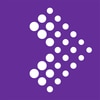
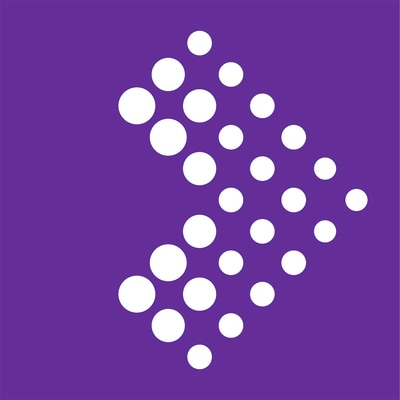
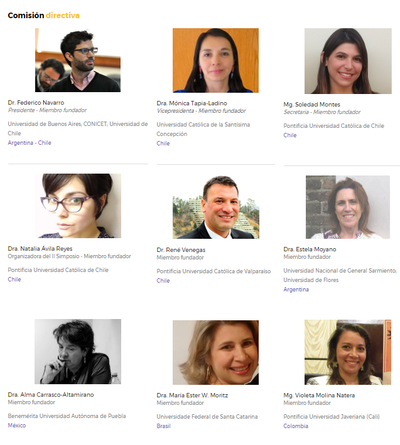
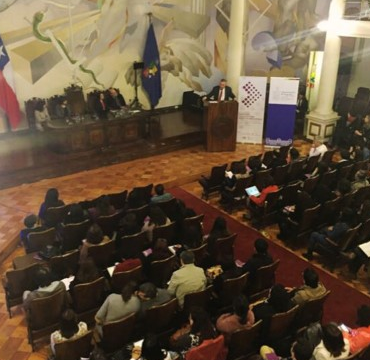
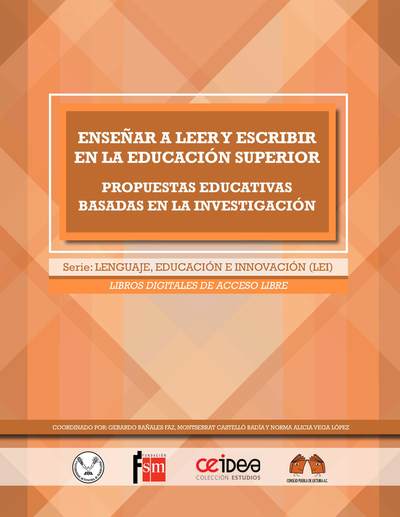
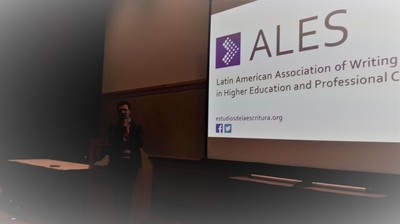
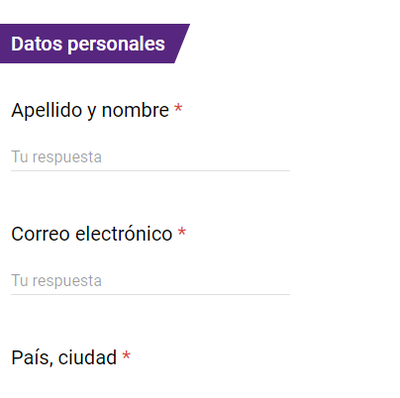
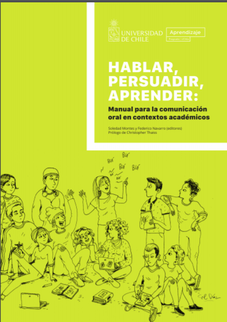
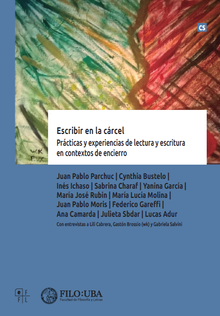
 Canal RSS
Canal RSS